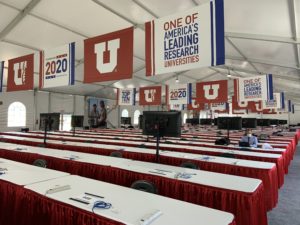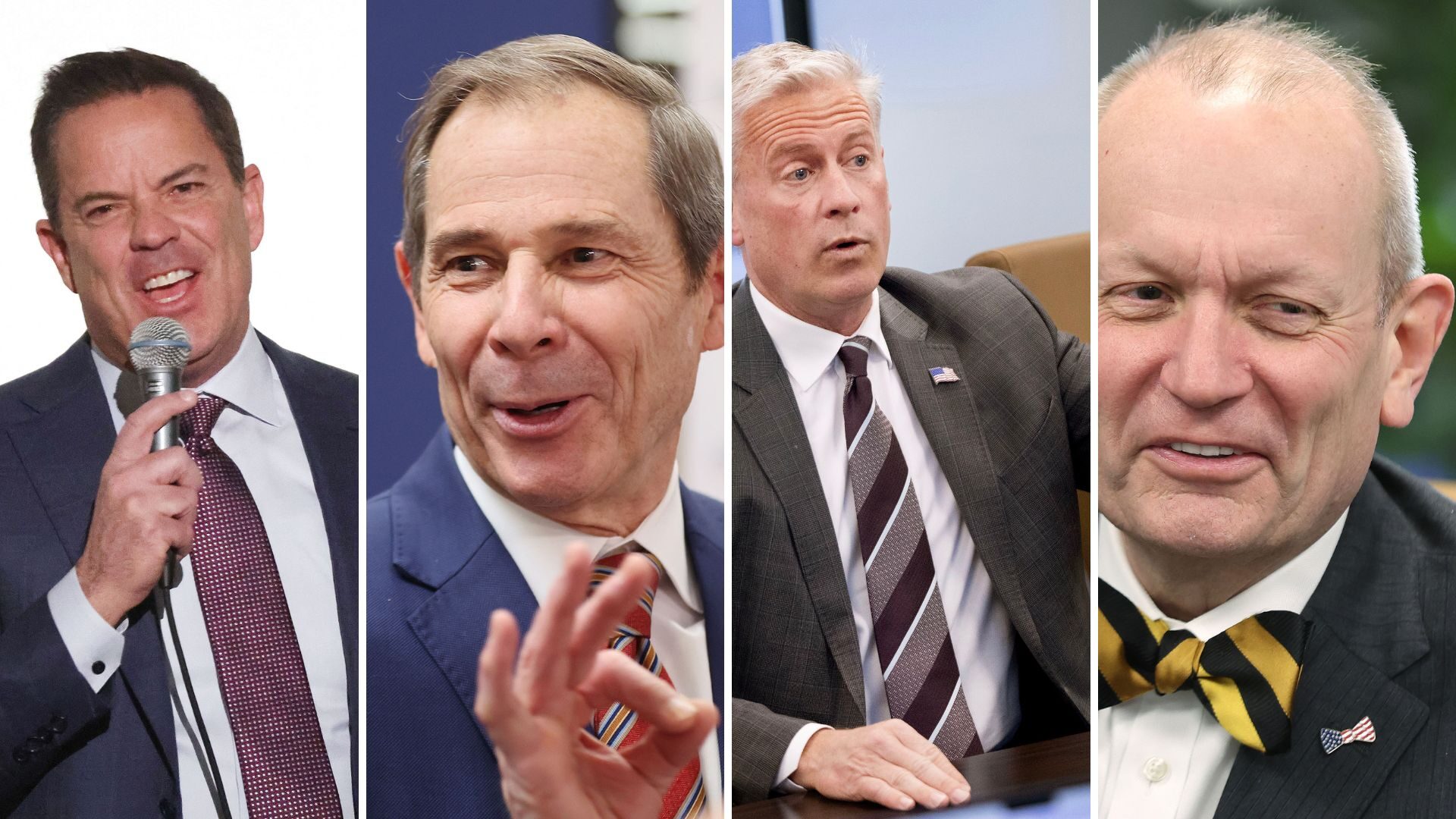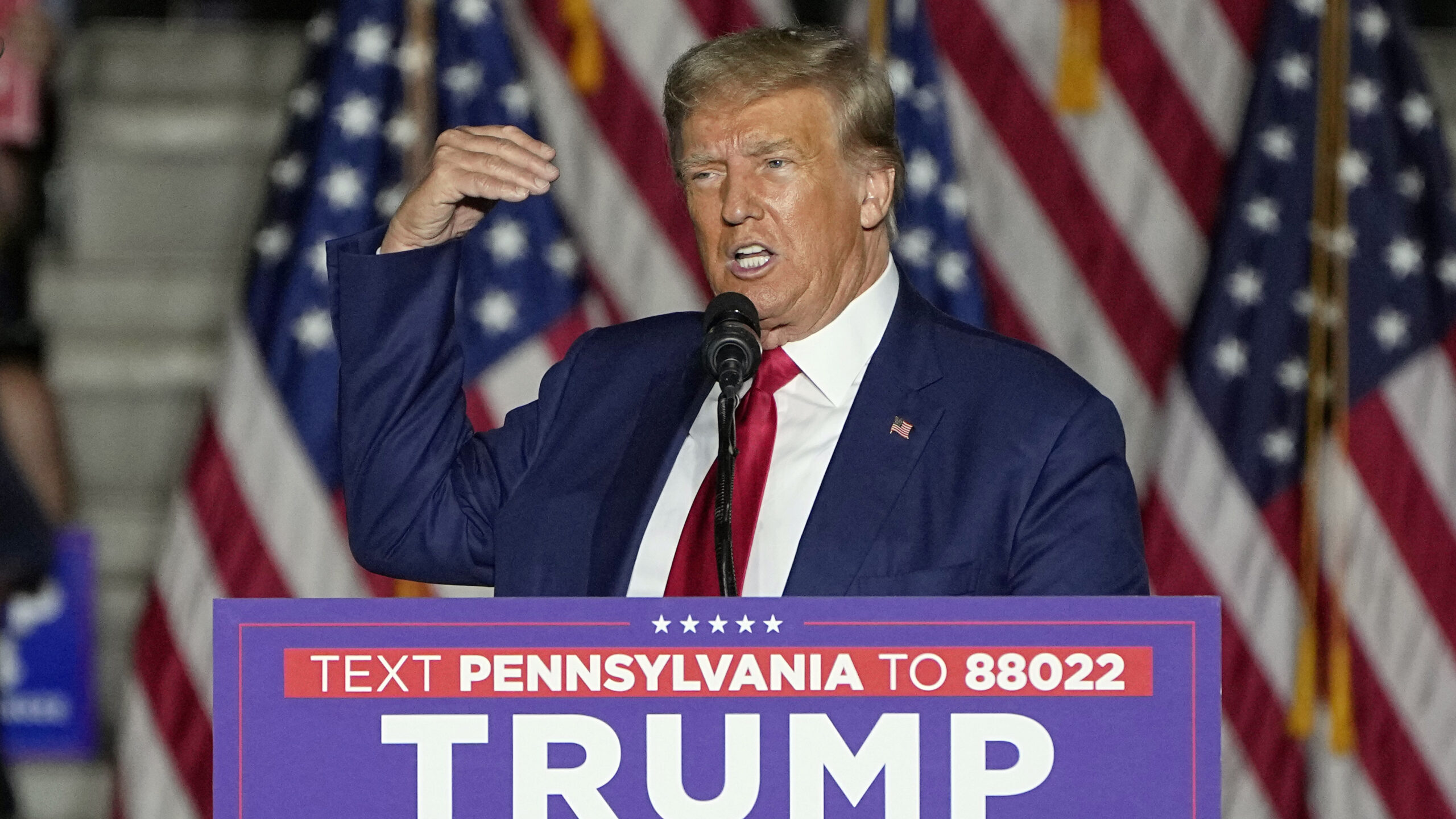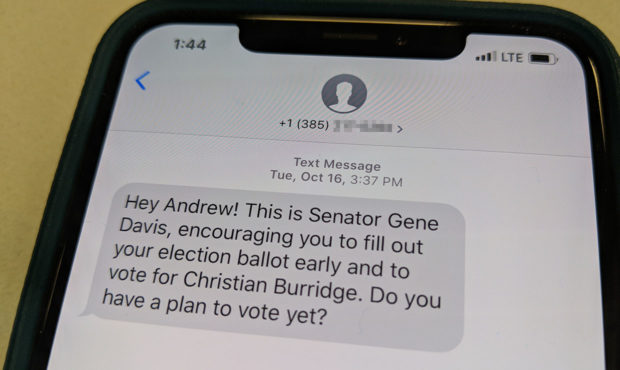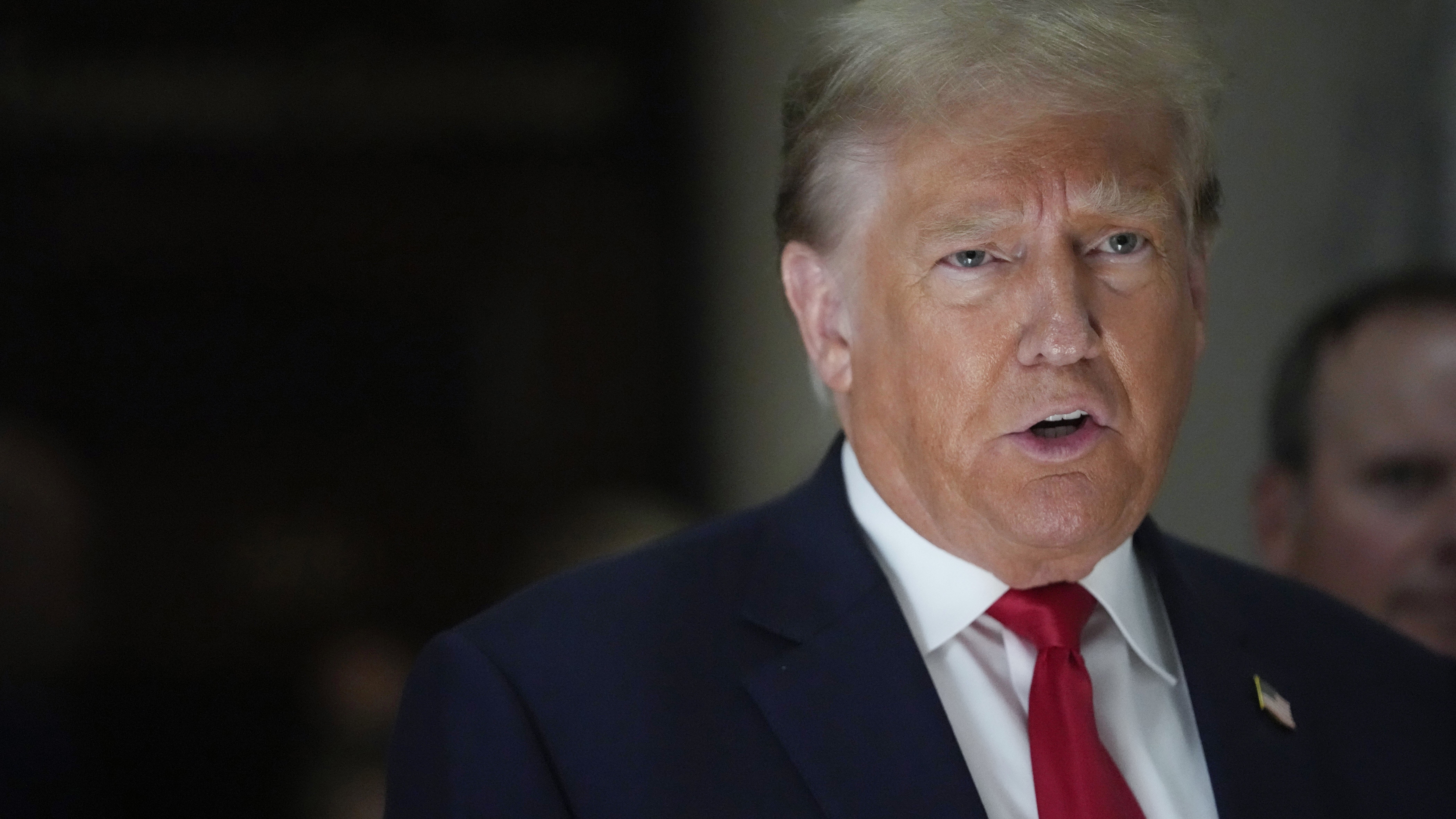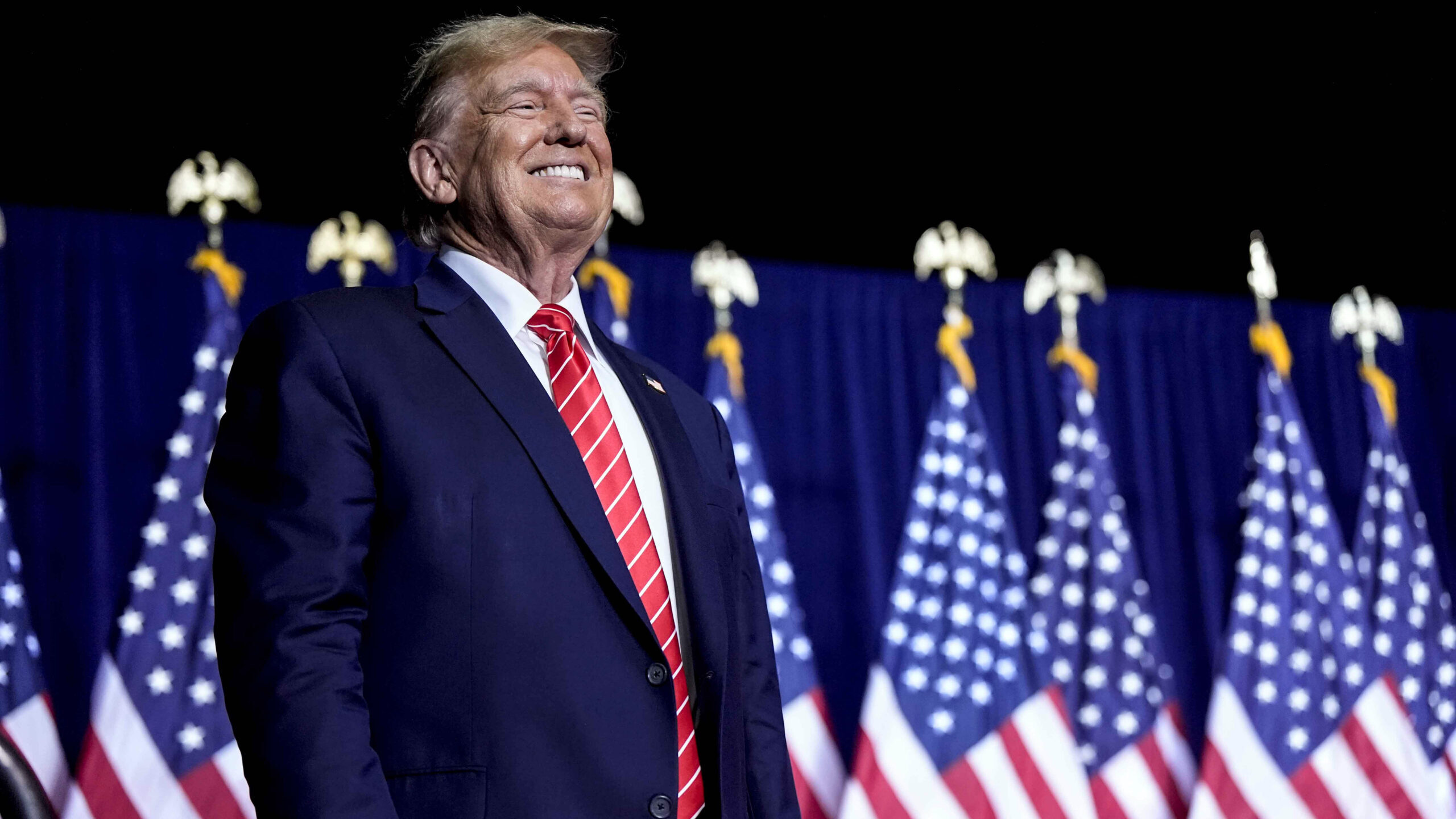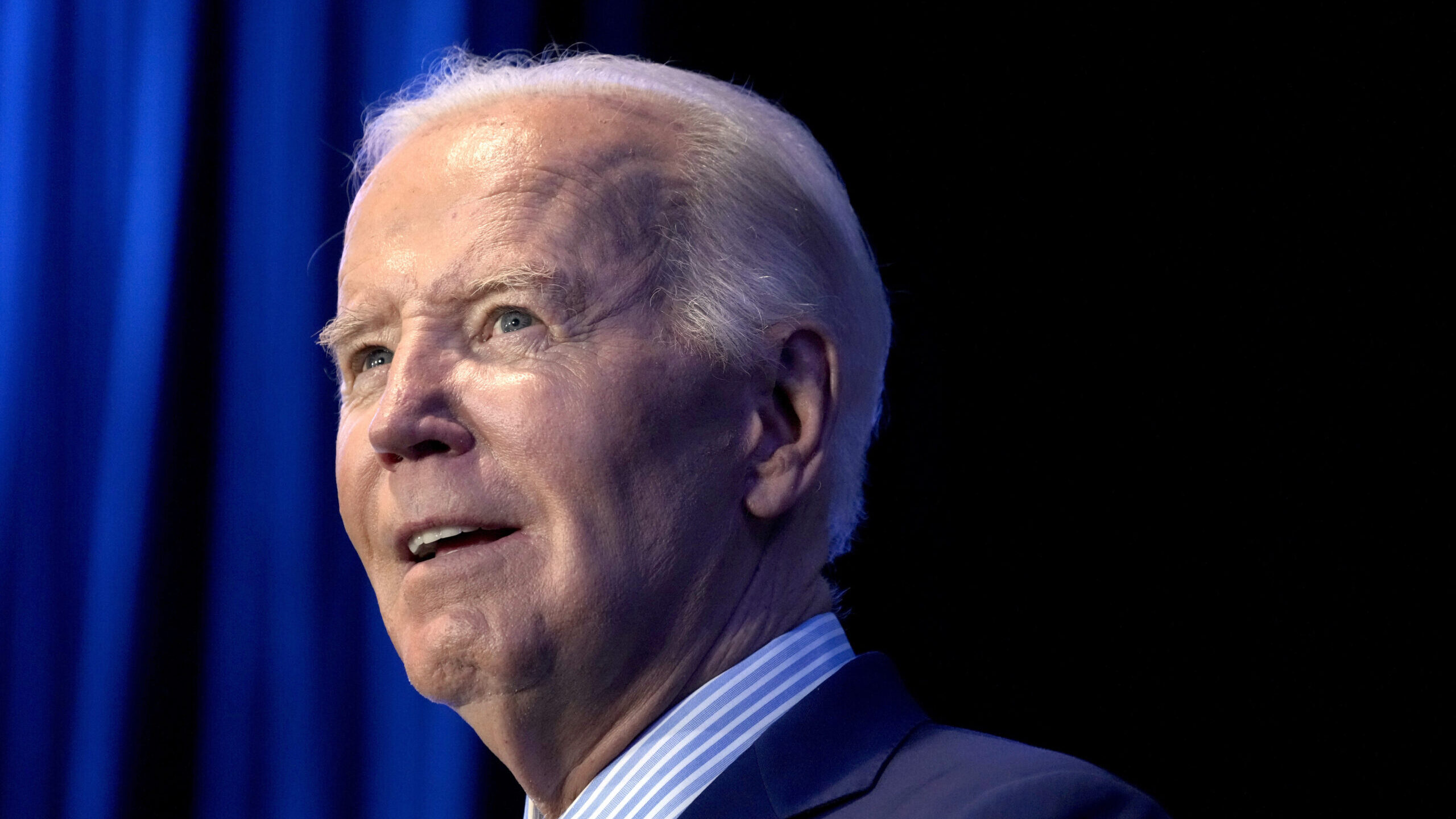University of Utah officials say the VP debate is different than envisioned
Oct 6, 2020, 6:33 PM | Updated: 6:34 pm
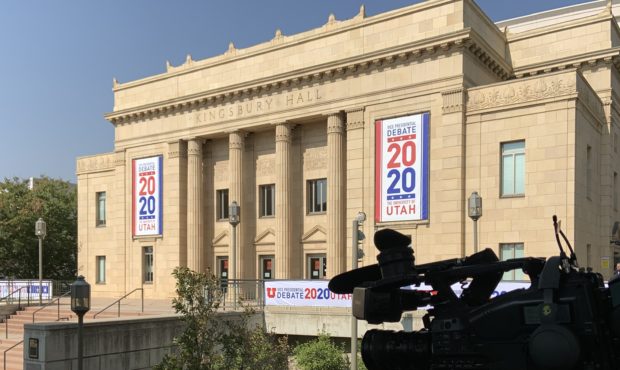
(Photojournalists set up their equipment in the rafters outside of Kingsbury Hall. This is as close as most journalists will get to the actual debate stage. Credit: Paul Nelson)
(Photojournalists set up their equipment in the rafters outside of Kingsbury Hall. This is as close as most journalists will get to the actual debate stage. Credit: Paul Nelson)
SALT LAKE CITY – University of Utah officials say Wednesday night’s vice presidential debate will be extremely different than what they envisioned. COVID-19 has forced them to make major changes and even though the eyes of the political world will be focused on Utah, the event, itself, will be smaller than what they initially expected.
When the university was awarded the only VP debate of 2020, campus officials say they planned to make the absolute most of being in the political spotlight. They were told to prepare for roughly 1,000 credentialed reporters, and they planned to host massive watch parties at Rice-Eccles Stadium.
Then, COVID-19 hit the U.S. and changed everything. Those watch parties had to be canceled, and the number of credentialed reporters was whittled down to around 250.
University of Utah Spokesman Chris Nelson says, “Obviously, we’ve had to dial that back, significantly, but we are ready.”
According to Nelson, there aren’t nearly as many news outlets coming to Salt Lake City to cover the debate, however, that doesn’t mean viewership will be low.
Nelson’s analysts say many news agencies will be paying close attention online, and the best seat of all might just be in your living room.
They’ve had to make serious cuts to the number of people allowed to enter Kingsbury Hall. Reporters are not allowed inside during the debate, so they’ve set up a removable structure that will serve as the media center.
Also, they’ve had to do away with the traditional “spin zone” that you’ve seen in other debates, which is where the parties send out spokespeople to try and convince reporters that their side had won the night.
“The Commission on Presidential Debates will ultimately decide how many people are in there, in negotiations with the campaigns,” he says.
However, this could also mean students that won tickets to attend the debate at the University of Utah in person may get some bad news. Nelson says they held a raffle and awarded roughly 60 students with tickets, but, there is a possibility that the CPD won’t honor them. So far, they haven’t been told that that’s the case, and they’re still expecting to have a few dozen students watching the debate up close.
“We’re hopeful. We’re optimistic. We see no reason why they wouldn’t be in there, but things, obviously, are changing moment by moment,” Nelson says. “If that was the call tomorrow by the CPD, then that’s the call.”
Heightened security at the University of Utah
Security around Kingsbury Hall is also getting tighter. The Secret Service is spearheading security for the debate, but officers by the hundreds have been asked to help out, if needed. Utah Highway Patrol Lieutenant Nick Street says every trooper along the Wasatch Front will be ready to come to Salt Lake City.
“Whether that involves them putting on a uniform or being in an on-call scenario, we’ve told our state troopers along the Wasatch Front that this will be an ‘all hands on deck’ event,” Street says.
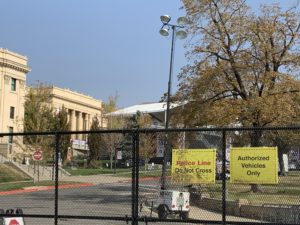
(Police fencing around President’s Circle, where the “Free Speech Zone” will be. Credit: Paul Nelson)
According to Street, for every one police officer you may see around the University of Utah campus, there could be several other safety measures in place that the general public doesn’t know about. The Secret Service has reportedly been working to ensure everyone’s safety, and they’re using methods “both seen and unseen.”
Street says, “They’ve had to get the lay of the land of the University of Utah and working with the University of Utah Police.”
The Salt Lake City Police Department has also been called to assist, even though more than two dozen of their employees have been quarantined for either having COVID-19, or being exposed to it.
Detective Michael Ruff says, “We can still use some of those who are quarantined to do other things where they’re not having contact with other officers, or the public.”
Ruff wants to assure the public that they have enough officers to both help secure the debate and to assist the public with whatever they need.
“A lot of times, there are calls we can handle over the phone. We can use some of those officers, and we have throughout COVID,” he says.


